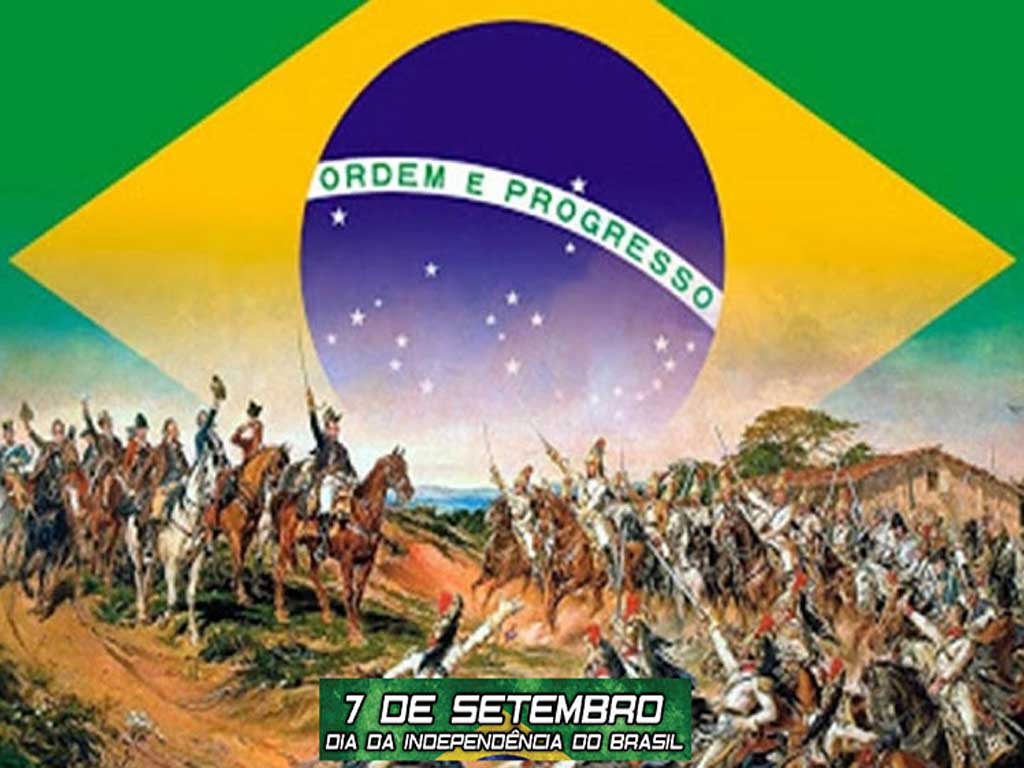Dom Pedro I, Portuguese prince and first ruler of the Empire of Brazil, (nicknamed the Liberator and Father of the South American nation), proclaimed Independence Day on September 7, 1822, on the banks of the Ipiranga River, in Sao Paulo.
This year’s celebration is marked by the political and electoral tension that increases as the outcome of one of the most intense disputes in history approaches, when more than 156 million Brazilians will cast their vote on October 2.
Rallies organized by supporters of far-right leader and candidate for reelection Jair Bolsonaro are once again being called, such as the traditional Cry of the Excluded, promoted by social movements.
Since June, the ex military man called on his followers to attend the events and said he would participate in the celebrations in his city, Rio de Janeiro, where he is campaigning.
Rio de Janeiro mayor Eduardo Paes recently admitted that the Copacabana beach promenade in Rio could host for the first time the traditional military parade on Independence Day.
An unprecedented event for this year was also that the heart of Dom Pedro I, preserved in formaldehyde for 187 years, was brought to Brazil in late August and it is exhibited at the Itamaraty Palace, headquarters of the Ministry of Foreign Affairs of Brazil, until Thursday when it returns to Portugal.
mh/iff/jha/ocs









